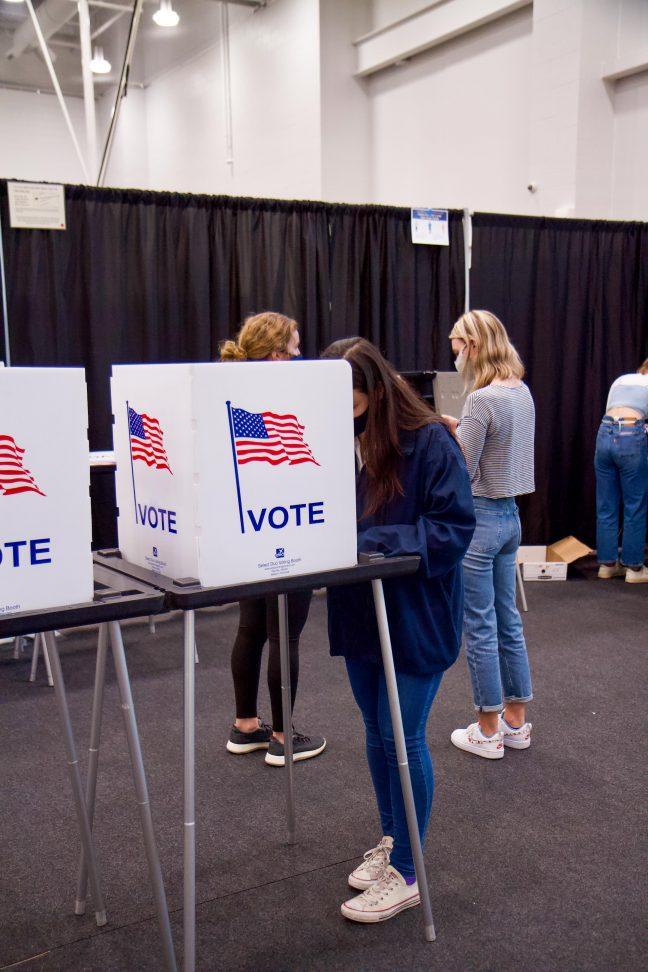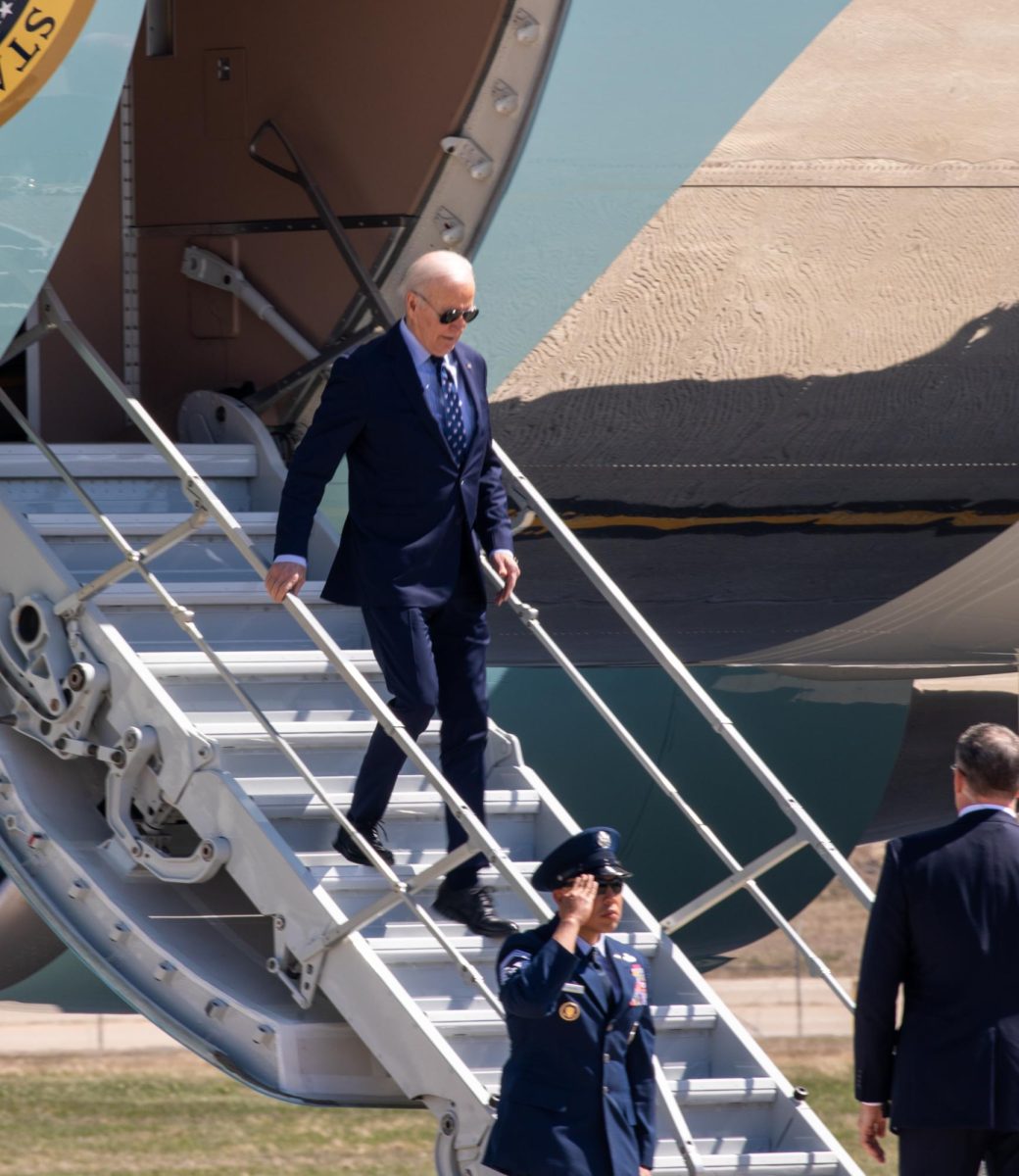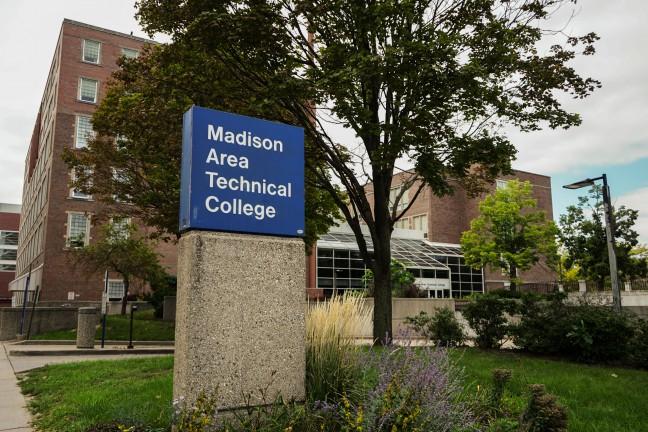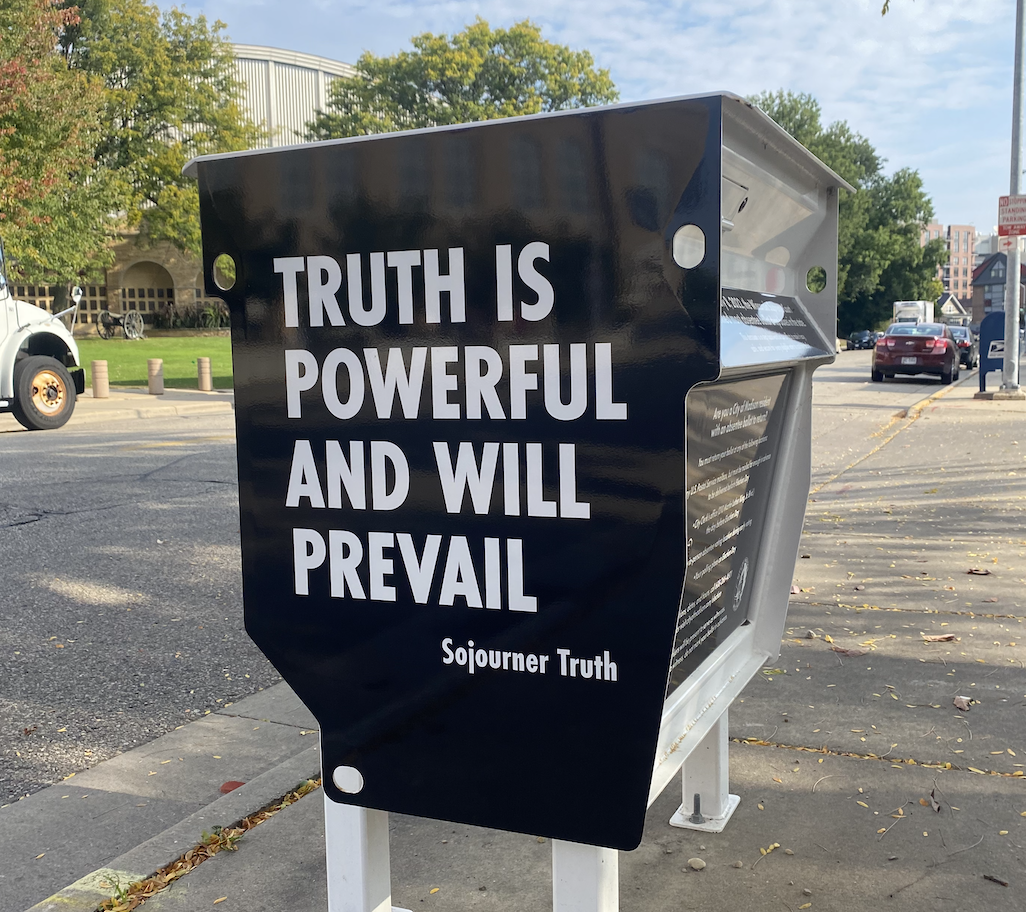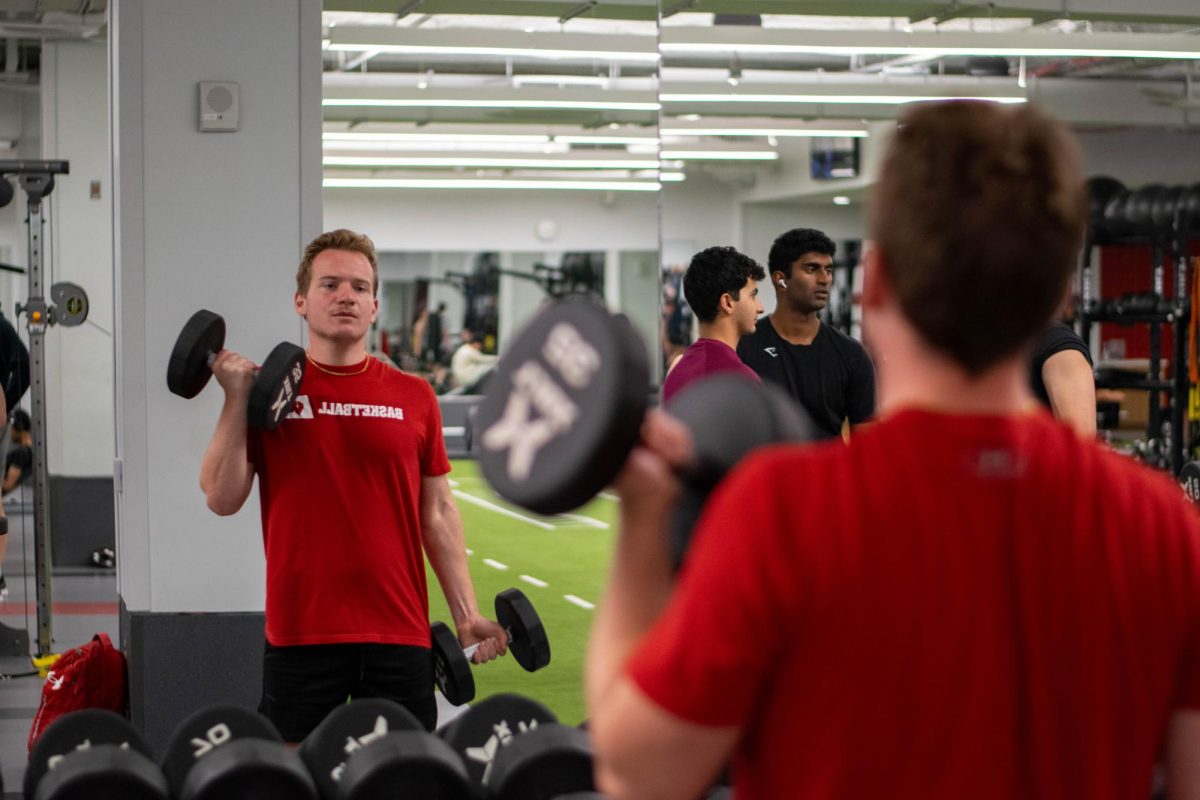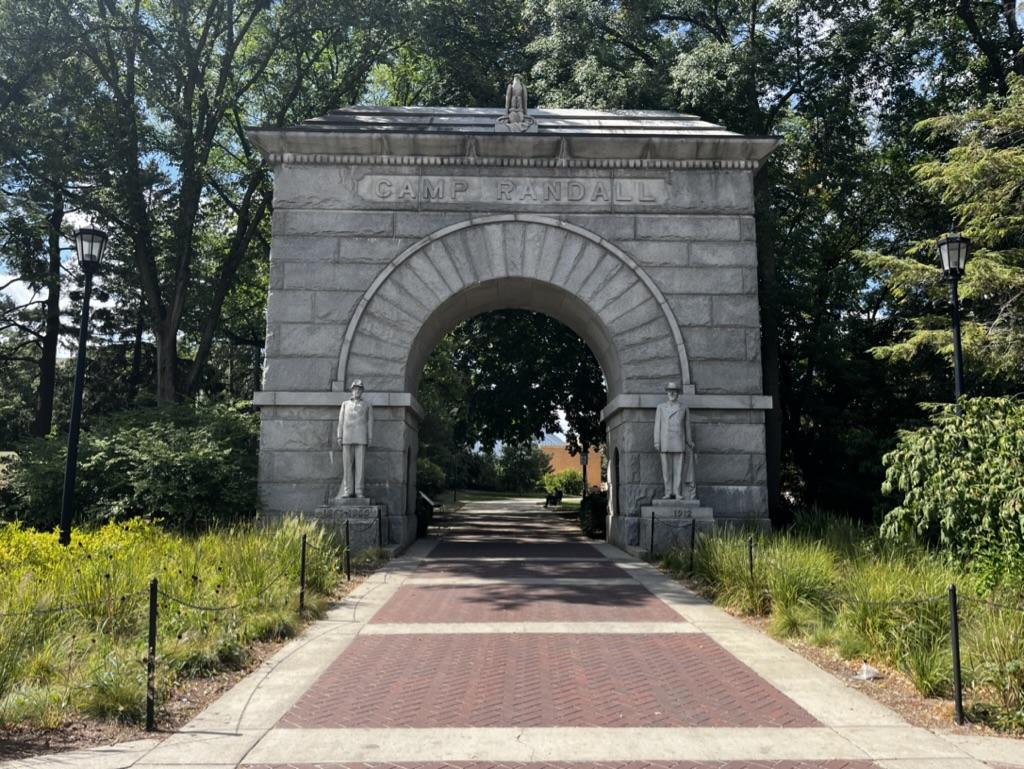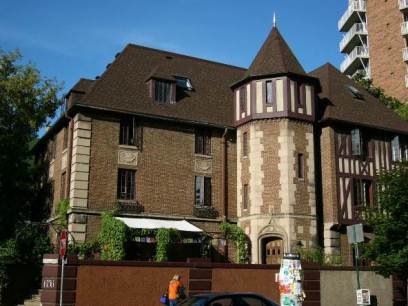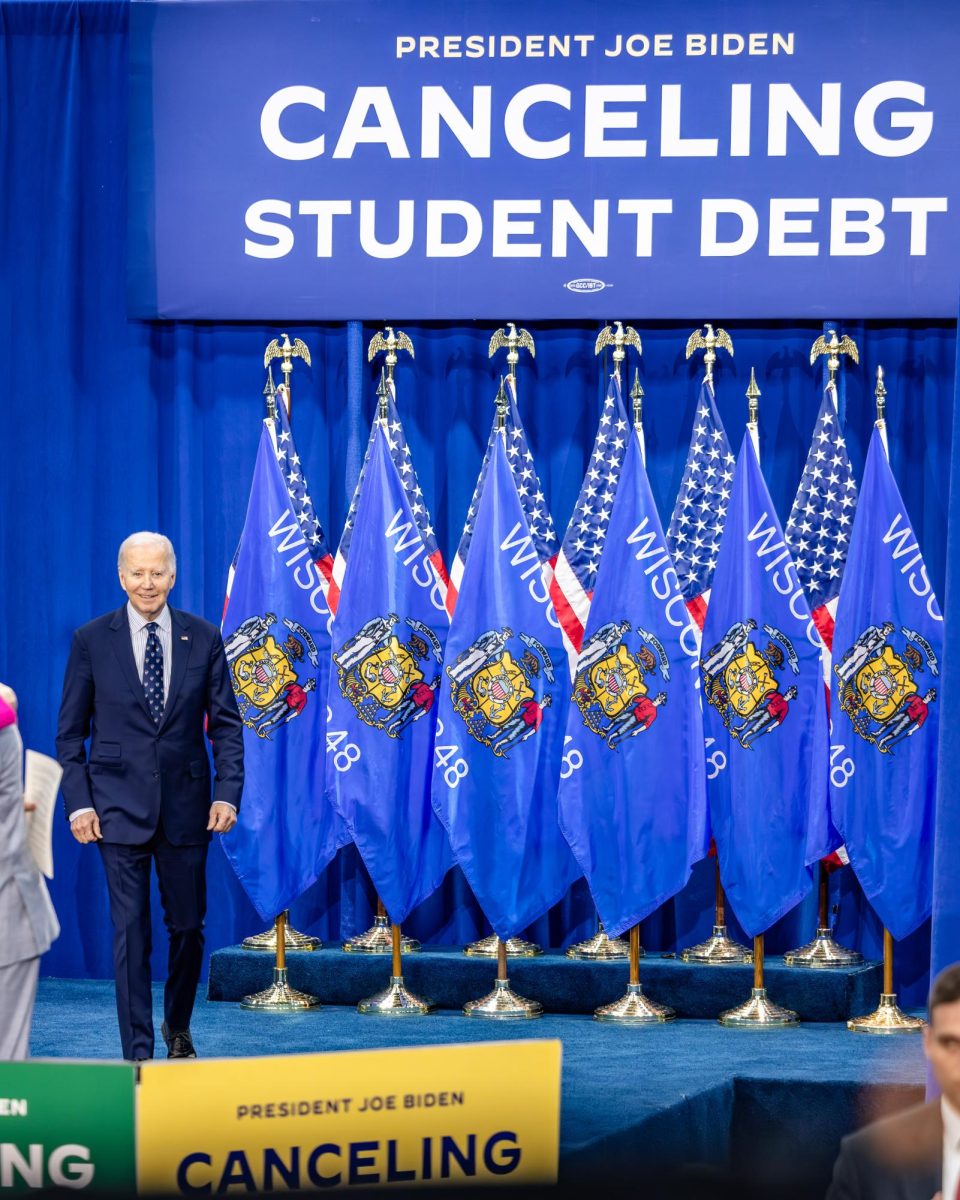The November presidential election turnout was 72%, 10 times that of the state primary election. The primary election features a statewide superintendent race, two legislative district races and 101 local primaries. Only 7.2% of the voting population participated in the superintendent’s race.
Why is the low turnout problematic? A low turnout means limited public participation. Limited participation means that elected officials do not represent all their constituents and are not held accountable for their actions.
Over the past year, Republicans have done nothing but compromise and sabotage elections and progressive policies to advance their own interests rather than those of the constituents. A low turnout does not help with the situation.
One reason for this low turnout is the pandemic. During the presidential election, Wisconsin Republicans blocked Gov. Tony Evers’ extension to use absentee ballots, asking their constituents to choose between their civic duty and their health.
Given Republicans partially shut down the U.S. Postal Service by shrinking their budget, the mail system was overwhelmed during the November election. According to the Wisconsin Election Commission, only 38,154 out of 293,724 ballots were been returned. Apparently, what the Republicans did in November had a lasting effect to sabotage the legal democratic process.
This year voters were less likely to wait in line for hours in the cold at polling stations as for many, in-person voting was not a safe option.
The second reason for a low turnout is that many citizens are not aware of upcoming elections, are not educated on the stakes of elections or think that the policies on the ballot do not affect them.
Mainstream media doesn’t report on local elections enough. This lack of exposure leaves citizens uninformed, many constituents do not understand the context and the importance of their vote.
The third reason, also the most important one, is that Wisconsin voting laws discourage constituents from voting. Wisconsin has very strict voting laws, such as voter ID laws and the requirement to provide proof of address.
Such troubles — the troubles people experience when following certain government rules or regulations — are known as compliance costs. When voters have to learn the rules themselves, they experience learning costs.
Wisconsin should push for ‘Democracy in the Park’ to ensure efficient election come November
In their book “Administrative Burden,” Pamela Herd and Donald P. Moynihan wrote “the costs of voter ID laws are borne most heavily by minorities, low-income, and elderly groups that are less likely to have acceptable forms of identification.”
It is evident that Wisconsin policymakers deliberately deter minority voters by enacting strict voter ID laws, which exclude low income populations and communities of color from political participation.
Those who are excluded are the ones who need their voices and opinions heard, which is normally achieved by voting, yet the government has taken that right away.
Besides voter ID laws and documentation, Wisconsin has separate locations for in-person voting and absentee drop offs. The officials or the websites do not tell voters specific processes — they have to learn the locations themselves. In rural Wisconsin, some voters need to drive hours to find an eligible location for voting or dropping off their ballots.
What the low local election turnout illustrates is the immediate need to reform Wisconsin voting laws. First, the state can make election day a holiday. People would have more time to drive to polling places or feel less stressed about dropping off their ballots on time.
UW students should engage in activism, participate in upcoming election
A second way to increase voter turnout and encourage political participation is to hire people around election times to educate the public on voting policies. It helps voters if they are familiar with proper processes so they avoid making mistakes that would disqualify their ballots.
A third way is to allow automatic voter registration online. Once a voter is registered, then they should be automatically registered in future elections. This is the most efficient way to reduce obstacles for voters to learn about the forever-changing voting policies.
Last but not least, the state should help residents who do not have a proper voter ID get one, simply because voting is a guaranteed right to all citizens. All citizens deserve the right to vote, change policies and vote irresponsible politicians out of office, rather than only allowing the elites to decide for everyone.
When limited participation happens, democracy becomes an oligarchy. We the people have a social and political duty to prevent oligarchy from happening. In order to protect our democratic procedures and institutions, reforming Wisconsin voting laws must be the next step.
Ken Wang ([email protected]) is a sophomore majoring in political science.


